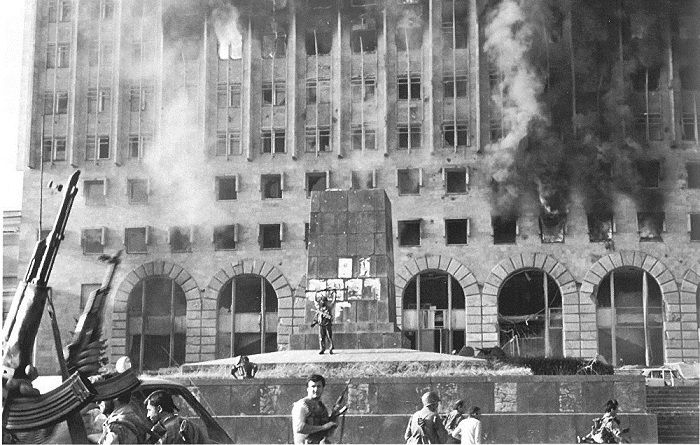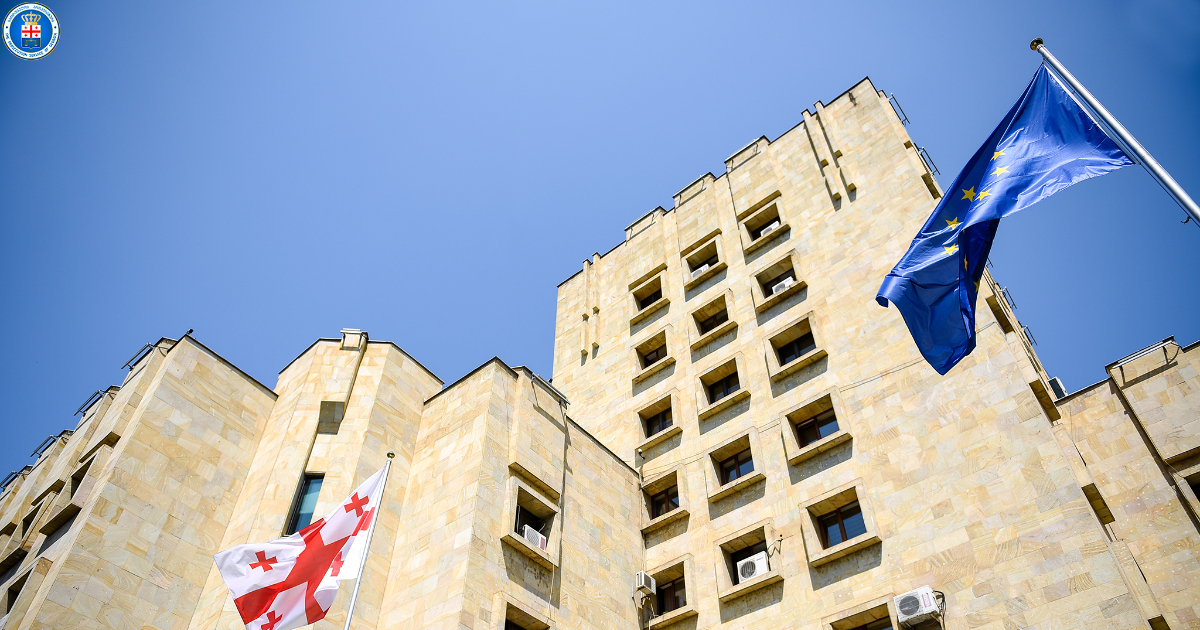Georgia marks 32 years since the fall of Sokhumi

Author
Front News Georgia
Today Georgia is marking a tragic day when Tbilisi lost control of its currently Russian-occupied region of Abkhazia 32 years ago.
The armed conflict that began on August 14, 1992, escalated into a war lasting 13 months and 13 days, ending on September 27, 1993, with the fall of the Abkhaz capital.
Georgian forces faced not only Abkhaz separatist units but also fighters from the North Caucasus, Cossack militias, and divisions from the Russian military base unofficially stationed in Gudauta, 37 km northwest of Sokhumi.
The decisive battle for Sokhumi followed the July 27 ceasefire agreement signed in Sochi, which called for a withdrawal of heavy weaponry from the conflict zone. However, separatist forces violated the truce on September 16, launching a massive assault on Sokhumi from the sea, air, and land. By then, in accordance with the agreement, Georgia had already removed most of its heavy armaments. Unable to withstand the offensive with limited weaponry, Georgian units were eventually overrun, and the city fell.
On the day Sokhumi was captured, Russian forces and Abkhaz separatists executed Chair of the Supreme Council of Abkhazia Zhiuli Shartava, Guram Gabiskiria, and Raul Eshba - who refused to abandon the city - alongside around 30 other Georgians in front of the government building. Another official, Aleksandre Berulava, went missing without trace.
The fall of Sokhumi was followed by the loss of Ochamchire on September 29 and Gali on September 30, placing the entire region under separatist control.
The defeat of Georgian forces was accompanied by the ethnic cleansing of the local Georgian population in Abkhazia. More than 300,000 survivors were forced into displacement, becoming internally displaced persons.
Tags:
fall of Sokhumi




